"I have omitted all those things which I have not myself seen,
or have not read or heard of from persons upon whom I can rely."
or have not read or heard of from persons upon whom I can rely."
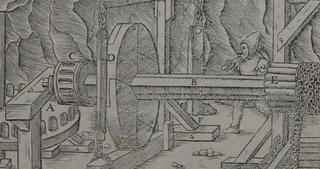
 Georgius Agricola (Georg Bauer) (1490-1555) was a classics scholar born in Germany who studied medicine in Italy and ended up with a medical practice in Joachimsthal in the present day Czech republic. It was here that his interests in physics, chemistry and geology were able to flourish, Joachimsthal being a principal mining town.
Georgius Agricola (Georg Bauer) (1490-1555) was a classics scholar born in Germany who studied medicine in Italy and ended up with a medical practice in Joachimsthal in the present day Czech republic. It was here that his interests in physics, chemistry and geology were able to flourish, Joachimsthal being a principal mining town.He published a number of treatises on mineralogy, religion and disease but his magnum opus, De Re Metallica, a 500+ page study, became the leading manual on mining and metallurgy for 2 centuries. He had been dead a year by the time it was finally published, with the inclusion of 290 highly detailed woodcut illustrations.

De Re Metallica documents methods for assaying and enriching ores, the geology of ore bodies and use of machinery, the application of water power in mining, legal and labour management, an historical review of knowledge of the industry to that time and virtually every other facet of the mining and related industries.
Agricola was highly regarded by both contemporaries and modern day philosophers and scientists. Erasmus expected in 1531 that Agricola would "shortly stand at the head of the princes of scholarship". Goethe likened him to Francis Bacon. Melanchthon praised his "grace of presentation and unprecedented charity" (Agricola was a lifelong Catholic which caused problems later in life during the reformation) Herbert Hoover, as a mining engineer before his presidency, was so taken by Agricola's scholarship that he had De Re Metallica translated into english in 1912. Hoover regarded him as an originator of the experimental approach to science, "the first to found any of the natural sciences upon research and observation, as opposed to previous fruitless speculation".
The Classics Department of Harvard University, Max Planck Institute for the History of Science in Berlin, the English Department at the University of Missouri and the Perseus Project at Tufts University launched a cooperative digital network, The Archimides Project which "will create a testbed for developing and exploring model interactive environments for the history of mechanics. It will also serve as a proof-of-concept project for open digital libraries for topics in the history of science designed to integrate research and knowledge dissemination in new ways."
- Their German website hosts a full copy of De Re Metallica - this is the thumbnail page and and the icon top right of each page will launch a zoomable interface. (Some higher resolution images are missing but all the thumb pages are online)
- A review of De Re Metallica
- Quincentennial paper
- Wikipedia on Agricola
- This page has a little information about the illustrations
- Arizona Gold Prospectors page (with a few images)
- Addit: University of Illinois page & cache page from UK.
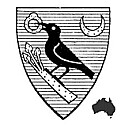








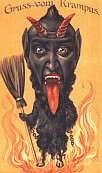
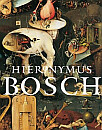
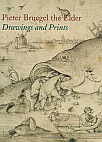
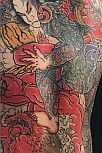
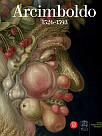

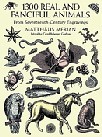
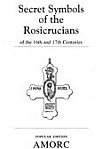
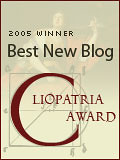

1 comment :
The Farlang Gem and Diamond Foundation have a complete copy of the 1912 Hoover edition of De Re Metallica
Post a Comment
Comments are all moderated so don't waste your time spamming: they will never show up.
If you include ANY links that aren't pertinent to the blog post or discussion they will be deleted and a rash will break out in your underwear.
Also: please play the ball and not the person.
Note: only a member of this blog may post a comment.